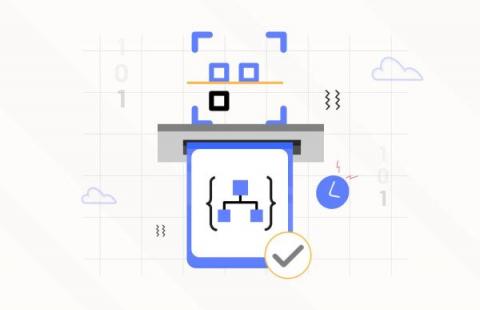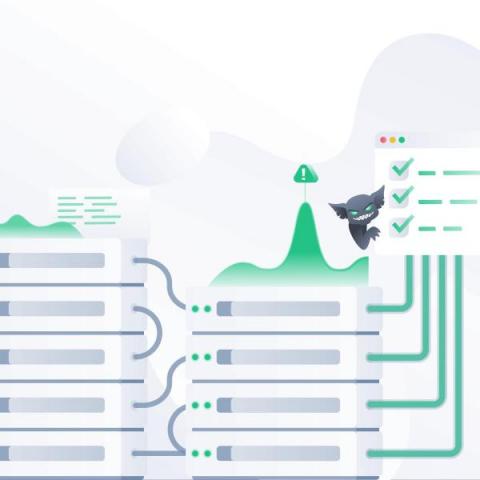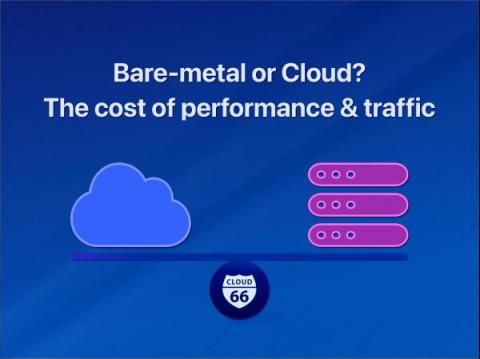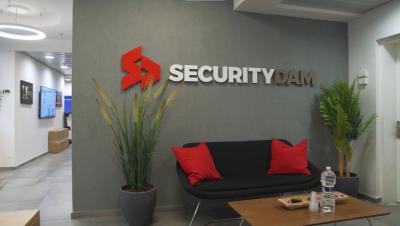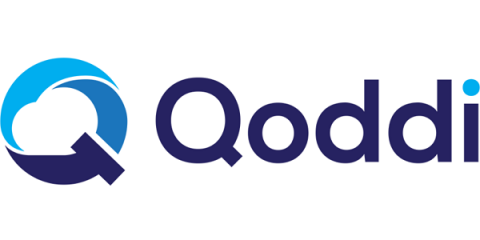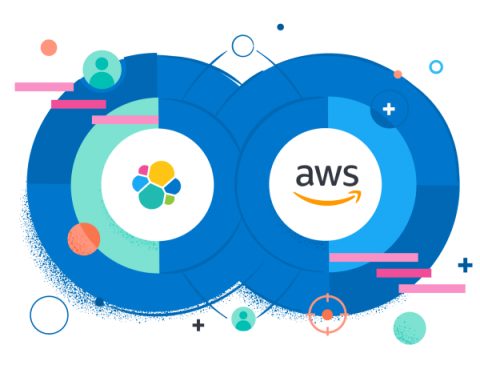Operations | Monitoring | ITSM | DevOps | Cloud
Cloud
The latest News and Information on Cloud monitoring, security and related technologies.
Why Reliability Engineering Matters: an Analysis of Amazon's Dec 2021 US-East-1 Region Outage
In the field of Chaos Theory, there’s a concept called the Synchronization of Chaos—disparate systems filled with randomness will influence the disorder in other systems when coupled together. From a theoretical perspective, these influences can be surprising. It’s difficult to understand exactly how a butterfly flapping its wings could lead to a devastating tornado. But we often see the influences of seemingly unconnected systems play out in real life.
Bare-metal or Cloud? The cost of performance and traffic
Bare metal servers are a valuable option for all sizes of businesses, including small, medium, and startups companies. When designing infrastructure it is important to manage cost. However, the decision on whether to run your application on bare metal or cloud provider should not be driven by the size of your company but by your infrastructure needs. Each approach has its own tradeoffs and complexities, especially since it is difficult to find two clouds with the same parameters.
A guide to Google Cloud Platform regions
MoovingON - Improving SecurityDam's Operations Management
Azure Communication Services - an overview
Qoddi vs Heroku and AWS: what to choose as a Startup
You have many options when it comes to choosing a platform to deploy your app. In this article, we will compare AWS, Heroku, and Qoddi. Heroku is hosted on AWS, making Heroku, like Qovery for instance, nothing more than a management platform for AWS services. You can do everything you do on Heroku (or Qovery) directly with AWS for a lesser price but Heroku removes all the infrastructure management layer (or DevOps) you still need to have with AWS or any other cloud providers.
Better Way To Write Async Function in Node/Express/Next - Handle catch(err) Only Once.
Avoid Writing a Lot of Try Catch by Catching The ‘catch()’ Just Once. How annoying it is to write a lot of try-catch for each async function in an express app? What if you never need to write a try catch block for all async functions and still be able to handle the errors?
Don't run AWS without monitoring it with Elastic Observability
In 2022, it’s hard to find places in the business and technology ecosystem where performance is not measured, where lots of data is not collected and where insights are not analyzed to improve operational and business performance and trace accountability.


